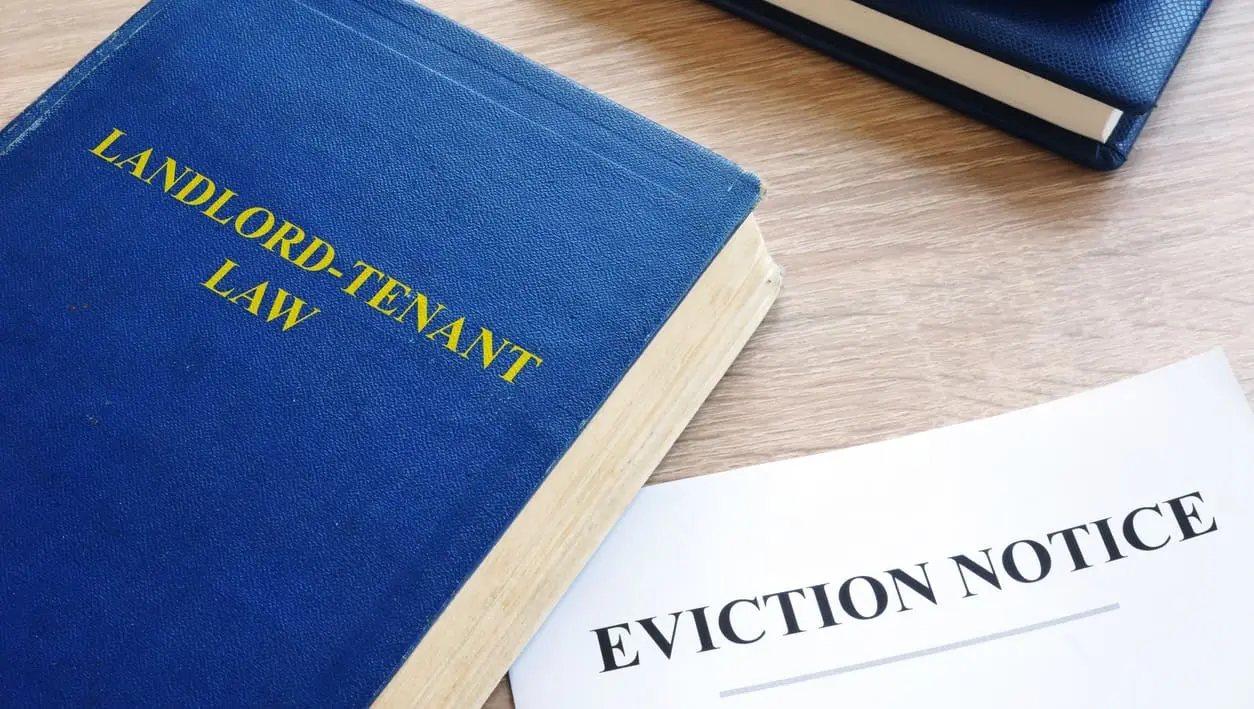By Andrew Ashbrook
A national movement is growing for Legal Support for Renters (LSR) policies — also known as a tenant right to counsel — that are helping families avoid eviction by providing free legal representation. These policies have also empowered tenants outside the eviction context, transformed the courts, and provided significant benefits to communities. However, policy implementation is not always seamless, and governments have faced challenges in ensuring that every eligible tenant is effectively represented.
Advocates and policymakers in states like Washington, Maryland, and Connecticut — as well as in cities like New York and San Francisco — are working through these challenges and sharing their solutions. This blog explores one of the most pressing implementation challenges — a shortage of legal staff — and provides key insights to help strengthen and sustain LSR programs nationwide.
Growing Pains
Since 2017, 26 jurisdictions have enacted laws that require eligible tenants to be provided free attorneys when facing evictions. These LSR programs have delivered on their promise, protecting tenants from disruptive displacement from their homes while saving governments money that would otherwise need to be spent post-eviction on homeless shelters and social services.
According to a recent study of LSR implementation in 23 locations, jurisdictions have had trouble hiring and retaining enough attorneys to meet the increased demand for tenant representation. Notably, this challenge must be considered in the context of the nationwide attorney shortage that is heavily impacting both the civil and criminal defense legal systems.
There are various obstacles to recruiting tenant attorneys. Many lawyers are never exposed to landlord-tenant law in law school or even know that the field exists, meaning fewer graduates enter the workforce with a focus on housing law. The pay is typically considerably lower than what can be expected at a big law firm, private practice, or even many government positions. Once attorneys are hired, the low pay, high caseloads, and an eviction process that moves quickly and often favors landlords can make it hard to retain attorneys for the long term.
Building a Pipeline from Law School to Housing Justice Attorney to Combat the Shortage
For many law students, exposure to landlord-tenant law is limited to a brief introduction within a first-year class on property law — despite the fact that roughly 34% of Americans live in rental housing. It’s no surprise that few graduates leave law school with a solid understanding of or passion for housing justice.
One solution is to integrate housing justice and landlord-tenant law within law schools. Law school clinics that focus on eviction defense are becoming more popular across the country. In New York City, a housing rights clinic at New York Law School allows law students to both learn housing law and represent tenants in eviction cases. The program works with Legal Services NYC, which allows students to get involved and invested while also providing supervision opportunities for newer legal services attorneys (a critical benefit, given that LSR programs increase the need for supervisors).
There is also a role for cities to help develop clinics. Law school clinics in Eugene, OR and Albany, NY received state funding, and municipal funding for law schools is not a new concept. City governments can provide funding to help clinics get off the ground (at which point they may attract philanthropic or other dollars) or join law schools in the pursuit of private funding.
Law school clinics are not the only way to build a stronger connection between law schools and legal service providers. In San Francisco, legal service providers have created a well-functioning collaborative model that starts with summer law clerks and continues with law fellows who receive stipends during bar study and commit to at least 14 months of service if they are offered a permanent role. The organizations also offer joint training programs to prepare new attorneys. Cities overseeing LSR programs can promote these collaborations and should consider the need for students, interns, and partnerships with law school clinics when developing the budget for LSR programs.
While it may be difficult for cities to affect the way law schools teach, cities that already provide funding to law schools can encourage their grant recipients to better incorporate housing justice into their curricula. Additionally, if any municipal attorneys serve as adjunct faculty, they can use their positions to advocate for curriculum changes as well.

How Much Should Tenant Attorneys be Paid?
Retaining tenant attorneys is just as critical as recruiting them. Eviction cases are fast-paced summary proceedings, requiring attorneys to meet tight deadlines, manage heavy caseloads, and handle complex legal work in days. Coupled with low pay and court environments that often prioritize landlords over tenants, the work can be both stressful and demoralizing — making long-term retention a persistent challenge.
It is highly likely that increasing pay would reduce turnover, with studies suggesting that investing in right to counsel can save money in the long run. In Minneapolis, which enacted an LSR policy in 2021, legal aid providers recently fought for increased pay for existing staff without adding more case deliverables. This effort led to a marked decrease in turnover and vacancies.
City governments can play a critical role in attorney retention by determining program funding — which directly impacts salaries and caseloads. When setting budgets, cities should collaborate with legal aid providers to ensure compensation is competitive and sustainable. Common pitfalls to avoid include pressuring providers to cut costs by increasing caseloads or forcing them to compete against each other for the lowest bid, which undermines quality and long-term program success.

Sustaining the Workforce: Investing in Attorney Wellbeing and Support
When funding for higher salaries isn’t available, organizations are turning to creative strategies to retain attorneys. Many are prioritizing mental health by offering sabbaticals or periodically rotating attorneys into policy or impact roles to prevent burnout. Others are strengthening internal support by bringing in social workers, administrative staff, and case managers to handle non-legal tasks — allowing attorneys to focus on their legal work. At the same time, the growing number of new attorneys highlights the need for strong supervision, making the training of skilled supervisors essential to fostering a healthy, sustainable workplace.
In New York City, the Housing Justice Leadership Institute helps train new attorney supervisors. The program focuses on teaching substantive law and management skills, as well as connecting supervising attorneys with each other and the housing justice movement. This not only creates better organizations, but helps supervisors and attorneys see and feel their full purpose: making sure that tenants have access to safe and affordable housing. This can be invaluable to keeping attorneys in these roles. When examining proposed budgets, cities must understand that while these program modifications and supports increase the potential cost of the LSR program, they are absolutely essential to providing effective representation and program durability. Cities should encourage providers to think holistically about what is needed to make the program succeed.
LSR is an evidence-based way to address the eviction crisis. But for it to work, there must be enough qualified attorneys, there must be enough attorneys to meet the need, and those attorneys must be in an environment that promotes attorney health and effective representation. Cities have powerful tools at their disposal: they can fund clinics, leverage existing law school funding to encourage curriculum changes, and develop thoughtful, inclusive LSR budgets that increase the quality of representation by ensuring tenant attorneys are reasonably compensated and not overworked.
Andrew Ashbrook, JD, is the Tenant Right to Counsel Implementation Advisor at the National Coalition for a Civil Right to Counsel (NCCRC).



